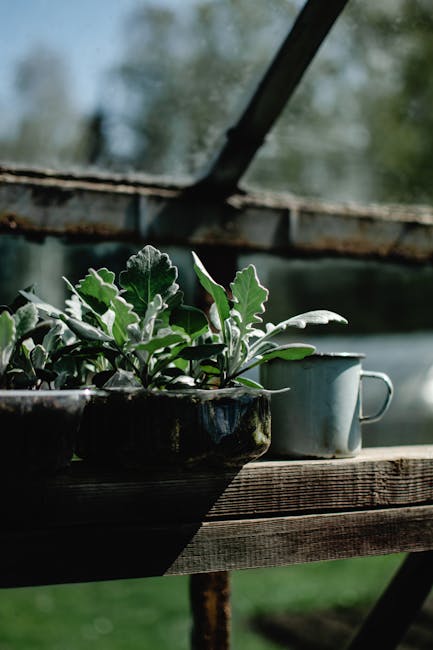Gardening enthusiasts are always on the lookout for cost-effective and efficient ways to boost their garden’s health. One emerging method that’s received a lot of attention is filling raised beds with wood chips. In this feature article, we’ll explore how wood chips serve as a versatile and affordable solution, providing long-term benefits to your garden much like investing in a high-quality product that pays off over time.
Table of Contents
The Science of Rotted Wood Chips
Why Rotted Wood Chips?
Using rotted wood chips rather than fresh ones is paramount for garden success. Fresh wood chips can lead to sinkage and quick drying of the raised bed, which can wreak havoc on plant health. Rotted wood chips, on the other hand, excel in water absorption and ensure gradual nutrient release.
The Role of Fungi
A significant element in the magic of rotted wood chips is the presence of fungi. Fungi’s role in breaking down wood involves intricate processes that transform organic matter into rich, nutrient-filled compost. Jeff Laen, a noted figure in mycology, refers to fungi as the “teeth of the forest,” highlighting their critical role in this breakdown.
Practical Steps for Using Wood Chips
Choosing the Right Wood Chips
- Opt for composted wood chips, ideally those with visible fungi.
- Avoid fresh wood chips which can be detrimental in the short term.
Preparing Your Raised Bed
Layering: Start by laying a base of rotted wood chips. This serves as an excellent foundation for soil and helps maintain moisture.
Mixing with Soil: Integrate the composted wood chips with your garden soil to enhance soil structure and fertility.
Regular Maintenance: Monitor the bed periodically to ensure proper moisture levels and add more composted wood chips as needed.
Benefits Over Traditional Methods
Using logs and sticks has been a common method in filling raised beds, but it comes with challenges. Logs can be cumbersome to handle and often don’t break down as uniformly as wood chips. Wood chips, by contrast, are easier to manage and more effective in maintaining garden health over the long term.
Long-Term Advantages
- Improved Water Retention: Wood chips can hold water effectively, reducing the need for frequent watering.
- Enhanced Soil Health: Slow breakdown of wood chips ensures a continuous release of nutrients, enriching the soil over time.
- Ease of Management: Unlike large logs, wood chips are much easier to spread and incorporate into the garden.
Expert Endorsements
The video featuring Tuck and James sheds light on how straightforward and beneficial this method can be. Their practical demonstration and easy-to-follow advice make this an approachable technique for gardeners of all experience levels.
Adopting the use of rotted wood chips for filling raised beds can transform your gardening practice. From improving soil health to ensuring better water management, this method offers a holistic approach to cultivating a thriving garden. So why not give it a try and see how this simple change can lead to bountiful results?
